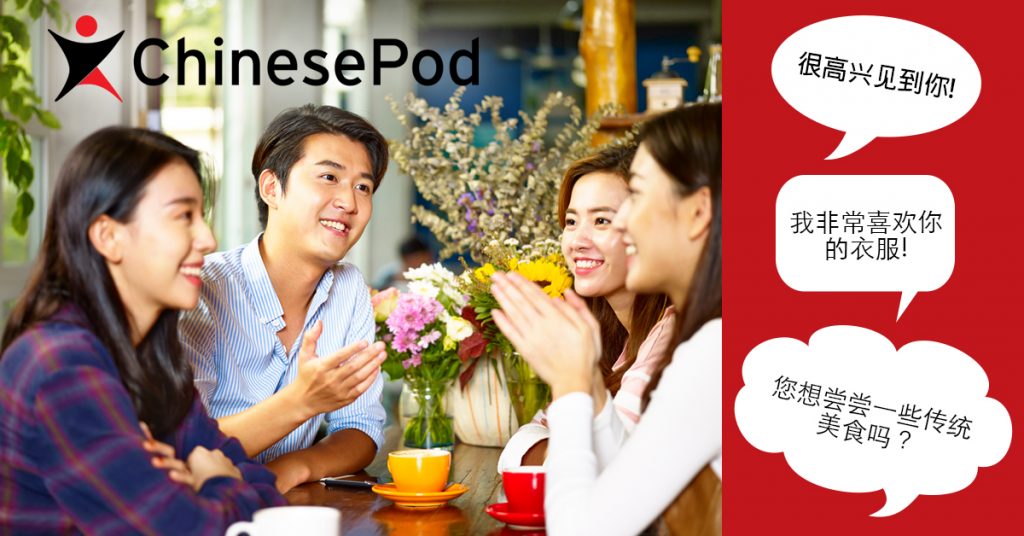The Chinese Translation for Guardians of the Galaxy is HYSTERICAL
UPDATE:
This post was written before it came out in Mainland China since it didn’t get released until some time later. It then got posted on Reddit, and was the #5 ranking article on there. Then it began being mentioned on numerous blog sites* and now
Even the Director of Guardians of the Galaxy has coined my English translation!!!
星際異攻隊 – that is, Interplanetary Unusual Attacking Team -opens Friday in China! pic.twitter.com/9XpSoxqrAU
— James Gunn (@JamesGunn) October 6, 2014
This is part 2 of the movie poster series. I’ve got a guilty secret to tell you all. I went to see Guardians of the Galaxy twice in two days last week!
I love all Marvel movies, and this was probably my favourite of the bunch. I’m what you might call a part-time geek. I grew up reading Wolverine comics and playing with Spiderman toys, but I never really read all the hard core comics that people seem to read these days, (anything by Alan Moore/Frank Miller etc).
Anyway, I went in to the cinema knowing nothing about the storyline or the characters, other than what I garnered from the trailers.
Wow! What a fun movie. It didn’t take itself too seriously, each character complimented one another, and the CGI did not distract from the plot. It felt like a completely new movie experience, unlike the constant sequels that come out around summer time. I might go as far as saying that It felt like watching Star Wars for the first time.
Anyways, enough of my amateur film reviewing. Let’s get down to business. Let’s learn some Mandarin.
The Title
S.星际异攻队
T.星際異攻隊
P.Xīngjì yì gōng duì
Literal Meaning:
Interplanetary Unusual Attacking Team
Character Breakdown:
星际 xīngjì
interstellar / interplanetary
异 yì
different / other / hetero- / unusual / strange / surprising / to distinguish / to separate / to discriminate
攻 gōng
to attack / to accuse / to study
队 duì
squadron / team / group / CL: 個|个
The name in China is…
银河守护队 Yínhé shǒuhù duì = Galaxy Protection Team
Character Breakdown:
银
The Team
- Star Lord
- 星爵
- xīng jué
- Gamora
- 葛摩菈
- gé mó lā
- Drax
- 德克斯
- dé kè sī
- Rocket Raccoon
- 火箭浣熊
- huǒjiàn huànxióng
- Groot
- 樹精格魯特
- 树精格鲁特
- shù jīng gé lǔ tè
As you can see from several of these names, they have just been translated phonetically, so Groot is just gé lǔ tè. Because each character is one syllable, English words often get broken up into several characters.
Example Sentences:
- E.The Cheeky Racoon ate my breakfast
- S.我的早饭被頑皮的浣熊吃掉了
- T.我的早飯被頑皮的浣熊吃掉了
- P.Wǒ de zǎofàn bèi wánpí de huànxióng chī diàole
- E.It’s not easy eating on a rocket
- S.在火箭里吃饭很不容易
- T.在火箭裡吃飯很不容易
- P.Zài huǒjiàn lǐ chīfàn hěn bù róngyì
- E. I was chosen last to be on the team
- S.我是最后一个被选入队里的人
- T.我是最後一個被選入隊裡的人
- P.Wǒ shì zuìhòu yīgè bèi xuǎn rù duì lǐ de rén
- E.Houston Rockets
- S.火箭队
- T.火箭隊
- P.Huǒjiàn duì
Summary:
Today’s words are a bit more advanced, but check out the example sentences to see how they could be used in a sentence.
Let me know your thoughts on the movie in the comments below, and If you have any cool Chinese words relating to it, let me know.
Note: The film poster is in Traditional characters. I can’t seem to find a simplified one. My friend In Shanghai tells me that it’s not come out yet, so if any one knows more on this, please get in touch or leave a comment below.
Reblogged about here:
http://popwatch.ew.com/2014/10/07/guardians-of-the-galaxy-name-taiwan/
http://www.cinemablend.com/new/China-Changed-Guardians-Galaxy-Title-It-Hilariously-Awkward-67569.html
http://comicbook.com/2014/10/07/guardians-of-the-galaxy-is-called-interplanetary-unusual-attacki/
Gwilym James
Latest posts by Gwilym James (see all)
- You’ll Crack Up Seeing How Independence Day 2 Translates to Mandarin - June 15, 2016
- How Do You Say Jurassic World in Chinese? - June 4, 2015
- Riding the Subway in Chinese with Fiona Tian - June 2, 2015





Guardians of The Galaxy in Chinese-ChinesePod | MandarinMadeEZ
September 3, 2014 @ 4:48 pm
[…] http://blog.chinesepod.com/guardians-of-the-galaxy-in-chinese/ […]
Lost in Translation? ‘Interplanetary Unusual Attacking Team’ Debuts in Chinese | The Vision Times
October 7, 2014 @ 10:05 pm
[…] to this blog for learning Mandarin, the Chinese title literally means: “Interplanetary Unusual Attacking […]
Guardians Of The Galaxy Gets An Awesomely Bad Chinese Translation | Giant Freakin Robot
October 8, 2014 @ 12:09 am
[…] The ChinesePod Blog has taken the popularity of Guardians to break down the language and help some people learn a bit of Mandarin, which seems like a cool way to dive into a new tongue. And when they dissected the title on this poster… […]
Guardians of the Galaxy Movie Gets Funny New Title in China
October 8, 2014 @ 3:57 pm
[…] folks at The Chinese Pod stumbled upon the downright hilarious translation after conducting an interesting Mandarin […]
Spider-Man pourrait faire partie du Marvel Cinematic Universe
October 14, 2014 @ 11:22 pm
[…] Source : Cinema Blend […]
TW's COETAIL blog | Copyright v. Copywrong
November 21, 2014 @ 8:25 pm
[…] must walk the walk on the high road. We are the Guardians of the Galaxy of […]